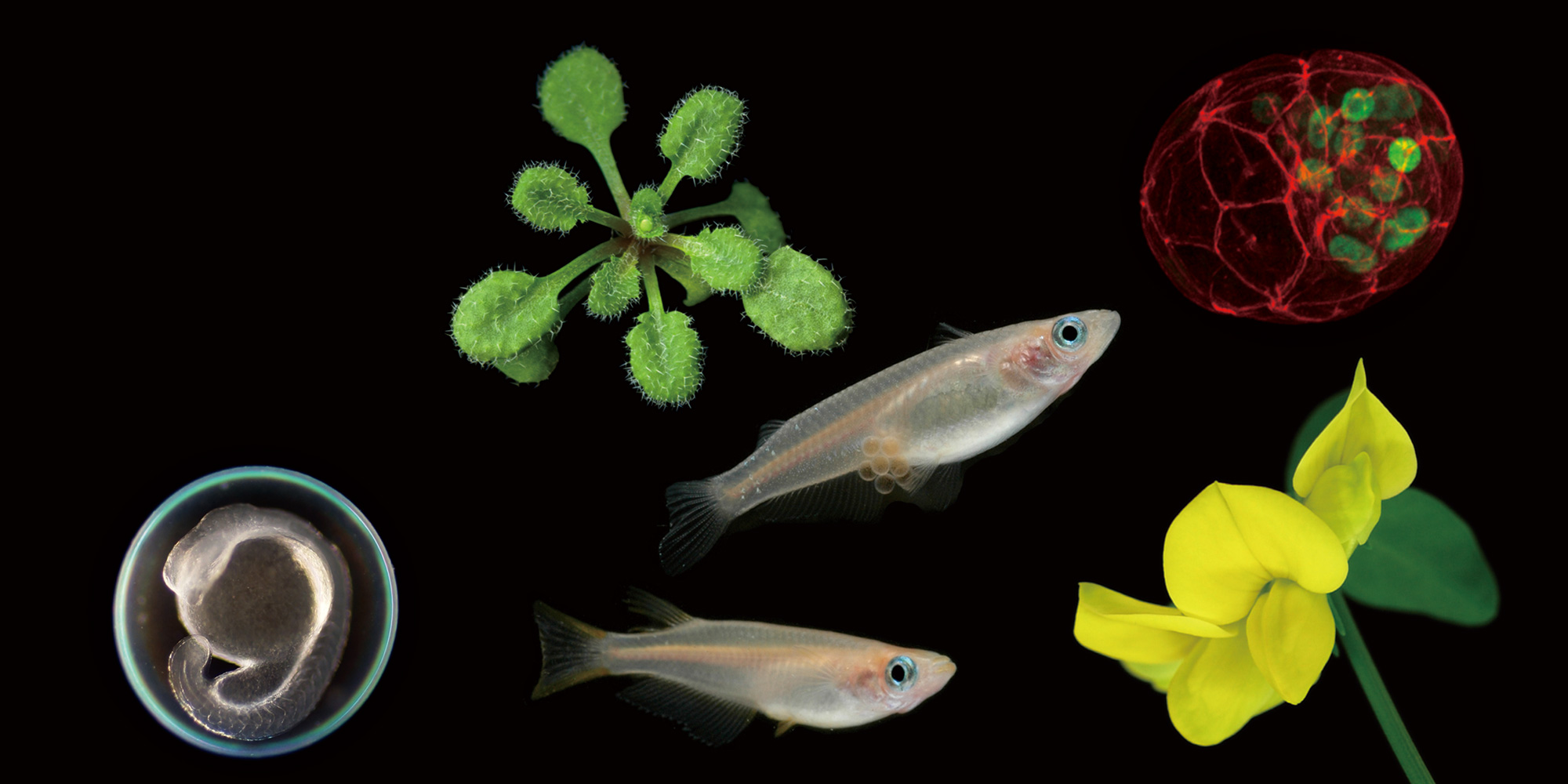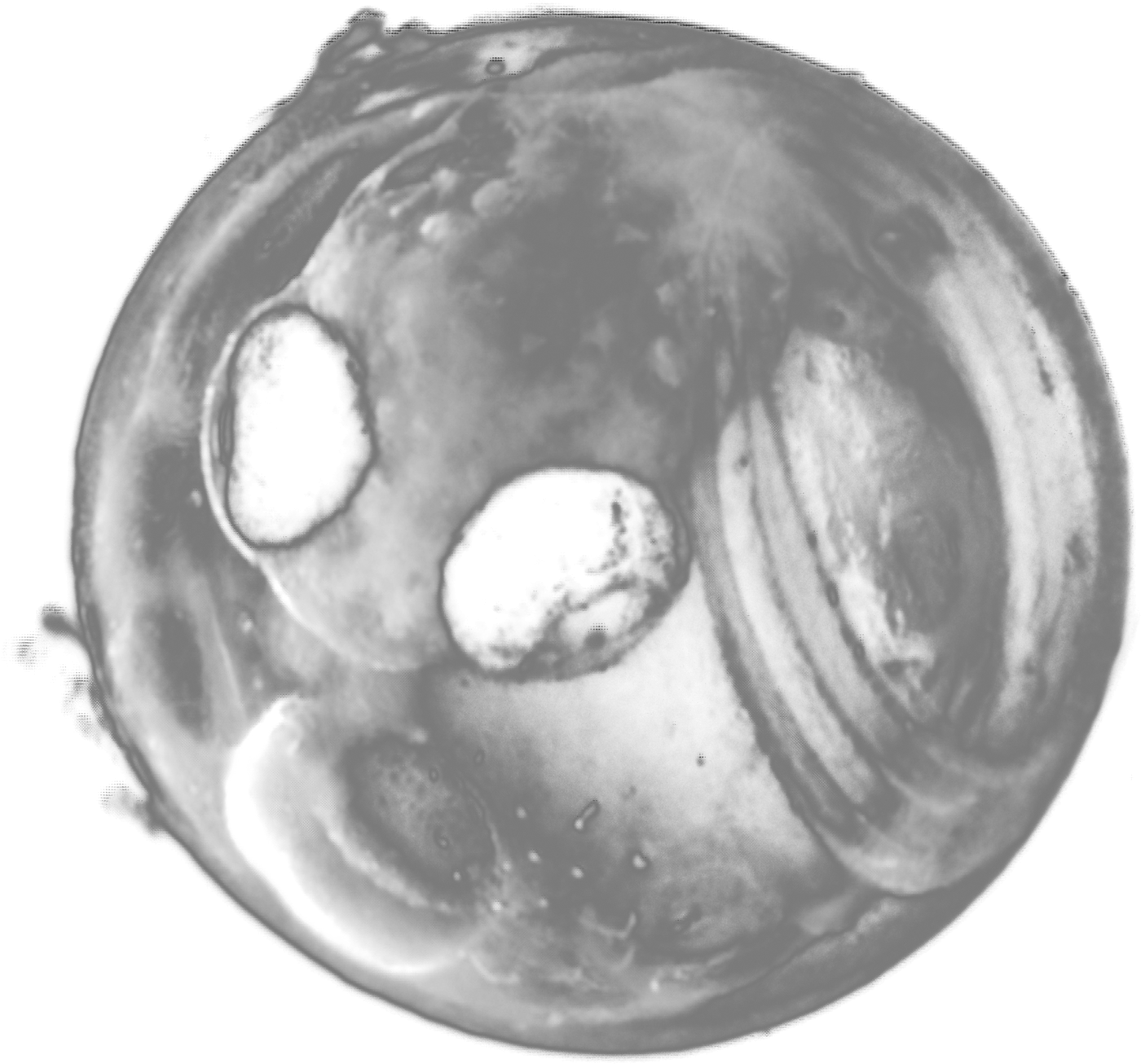SpeakerDr. Jan Skatheim (Professor, Department of Biology, Stanford University)
Date
2023. 01. 16 (Mon) 16:00
~ 17:00
PlaceHybrid (Large meeting room, 2F Bld. 3, Yamate and Zoom)
ContactAOKI, Kazuhiro (Quantitative Biology Group)
Details
Cell size is fundamental to function in different cell types across the human body because it sets the scale of organelle structures, surface transport, and, most importantly, biosynthesis. While some genes affecting cell size have been identified, the molecular mechanisms through which cell growth drives cell division had remained elusive. While it was expected that growth would act to increase the activities of the cyclin-dependent kinases (Cdk) known to promote cell division, this is not the case. Rather, we found that cell growth acts in the opposite manner. Cell growth triggers division by diluting proteins that inhibit cell division, Whi5 in yeast, and the retinoblastoma tumor suppressor Rb in human cells.
Thus, inhibitor dilution provides one long sought mechanism coupling cell growth to cell division and it relies on the differential scaling of the biosynthesis of cell cycle activators and inhibitors molecules. How are some molecules synthesized to remain in proportion to cell size while others are synthesized in amounts that are independent of cell size?
We have begun to elucidate the molecular mechanisms underlying size scaling across the proteome and have uncovered both transcriptional and post-transcriptional mechanisms that tune protein concentrations to enhance cellular function and control cell size.







